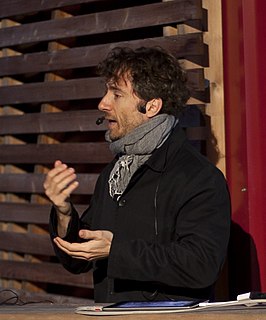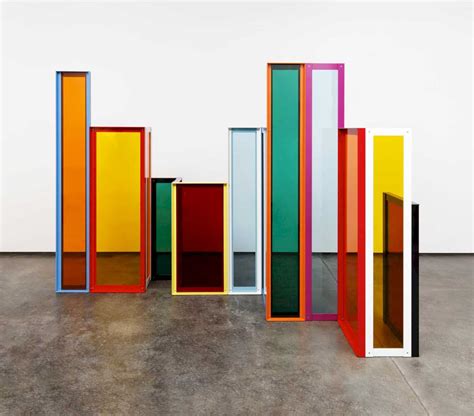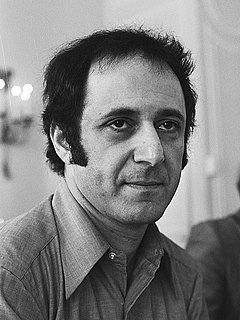A Quote by Laurence Graff
One of the great things about collecting contemporary art is that you mix with contemporary people.
Quote Topics
Related Quotes
I like art that challenges you and makes a lot of people angry because they don't get it. Because they refuse to look at it properly. Rather than open their mind to the possibility of seeing something, they just resist. A lot of people think contemporary art makes them feel stupid. Because they are stupid. They're right. If you have contempt about contemporary art, you are stupid. You can be the most uneducated person in the world and completely appreciate contemporary art, because you see the rebellion. You see that it's trying to change things.
Contemporary art and manga - what is the same about them? Nothing, right? The manga industry has a lot of talented people, but contemporary art works on more of a solitary model. No one embarks on collaboration in contemporary art in order to make money. But in the manga world, everyone is invested in collaboration. The most important point is that the manga industry constantly encourages new creations and creators.
We can no longer contemplate the subject - self - of contemporary art; it has been woven into infinite relationships, replaced by social movements, national image, and financial capital. The disappearance of the construction of the self of contemporary art makes it impossible to exist in the form of a subject. The subject of contemporary art that I speak of is a kind of naming event predicated upon the multiplicity of the environment. It includes politics, should have its own way of thinking, and can be perceived.
The Internet is just one of those things that contemporary humans can spend millions of "practice" events at, that the average human a thousand years ago had absolutely no exposure to. Our brains are massively remodeled by this exposure--but so, too, by reading, by television, by video games, by modern electronics, by contemporary music, by contemporary "tools," etc.

































